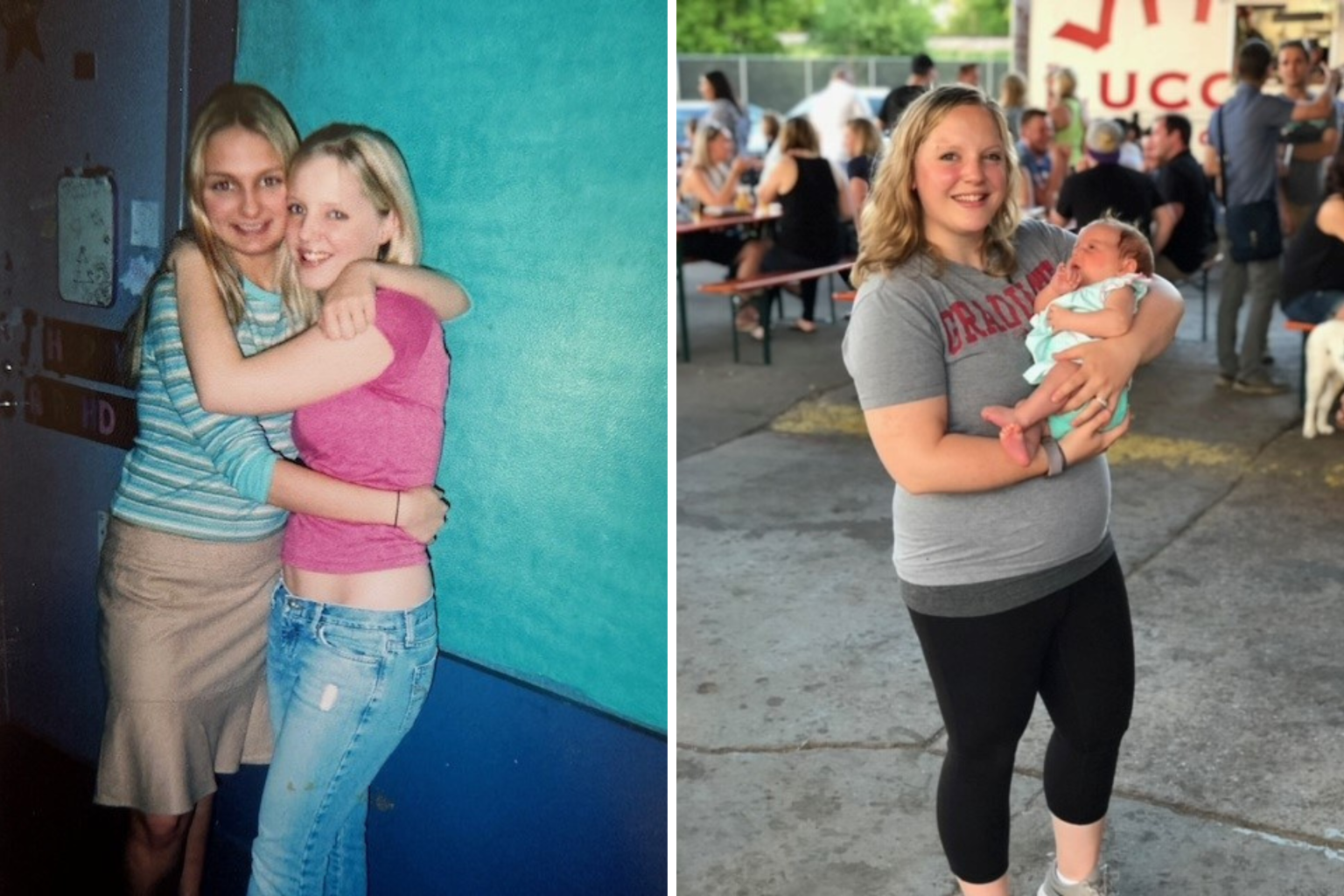Kezia Reeder’s college experience was marred by the onset of an eating disorder during her freshman year at Hamline University. Despite excelling academically and socially, Reeder struggled with constant thoughts about food, exercise, and her body. This internal battle consumed her, leading to gradual weight loss and compliments from others that fueled her disorder. It wasn’t until her family intervened and insisted on professional help that Reeder began to receive treatment for her Eating Disorder Not Otherwise Specified (EDNOS) diagnosis.
Throughout college, Reeder’s treatment was sporadic as she struggled to come to terms with her issue with food. She would enter and exit treatment, only to find herself back in the cycle of purging and restrictive eating. It wasn’t until her senior year that she committed to more intensive treatment, both inpatient and outpatient, to address the root of her eating disorder. Eventually, Reeder realized the gravity of her situation when she learned about the alarming statistics surrounding eating disorders in America, motivating her to prioritize her recovery.
After nearly a decade of being in recovery, Reeder decided to start a family, navigating the complexities of pregnancy with a history of an eating disorder. She was transparent with her medical providers about her past struggles and voiced her reservations about being informed of her weight during prenatal care. Despite facing challenges postpartum due to societal expectations of “bouncing back” after pregnancy, Reeder remained committed to her recovery journey, pushing back against negative thoughts about her body.
As a mother to a six-year-old daughter, Reeder is vigilant about fostering a positive body image environment for her child. She actively advocates for increased education on recognizing warning signs of eating disorders and how to support loved ones in seeking professional help. Through her volunteer work with the Eating Disorders Coalition (EDC), Reeder lobbies for increased funding for eating disorder research, using her voice to amplify the needs of those currently struggling with these mental health challenges. Her dedication to advocacy stems from her own journey towards recovery and the desire to help others access the care they need.
Overall, Kezia Reeder’s story is a testament to the complexity of eating disorders and the long road to recovery. Despite facing setbacks and societal pressures, she remains committed to her well-being and uses her experience to raise awareness and support for others in similar situations. Through her advocacy work and personal journey, Reeder aims to dismantle the stigma surrounding eating disorders and ensure that individuals get the necessary care and support to heal.


